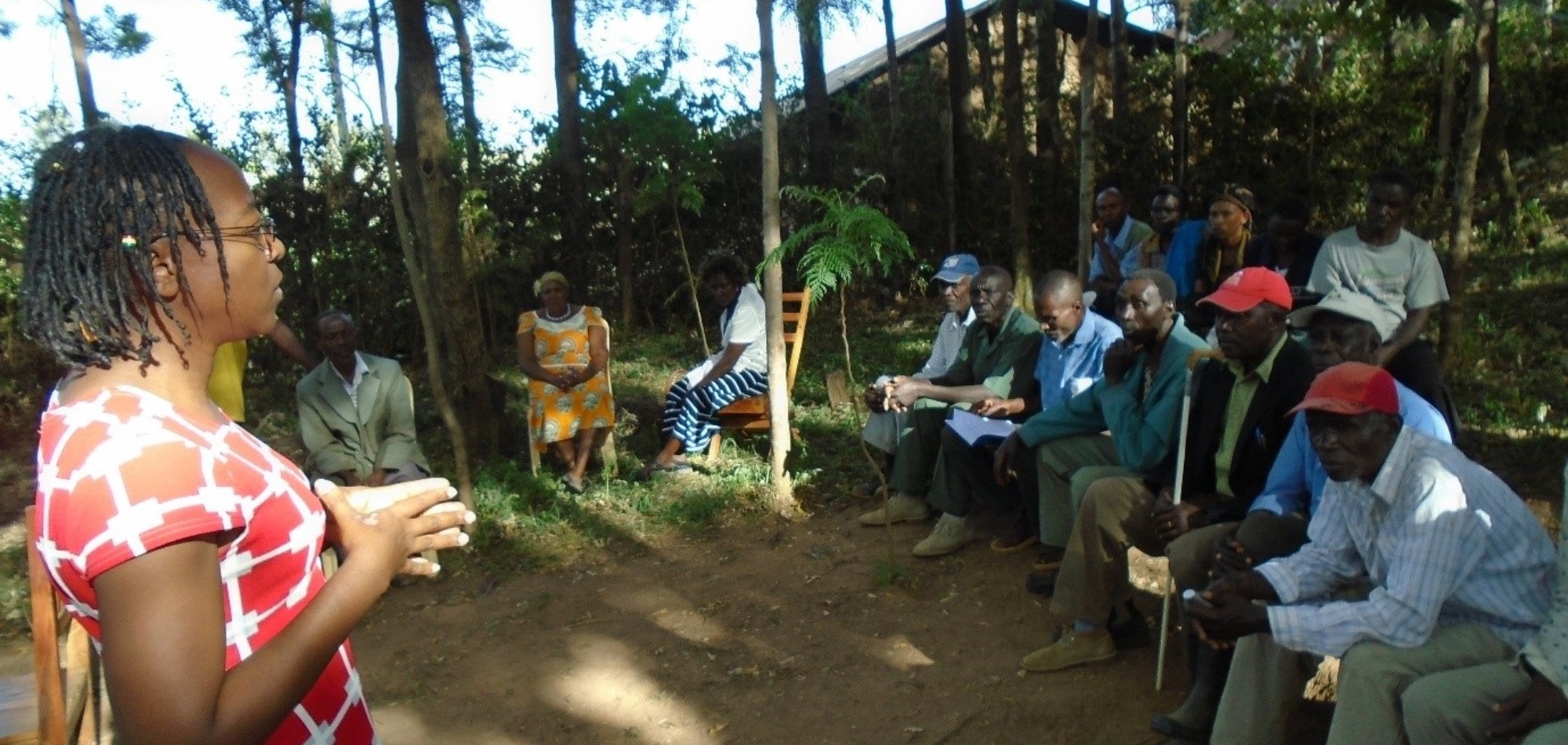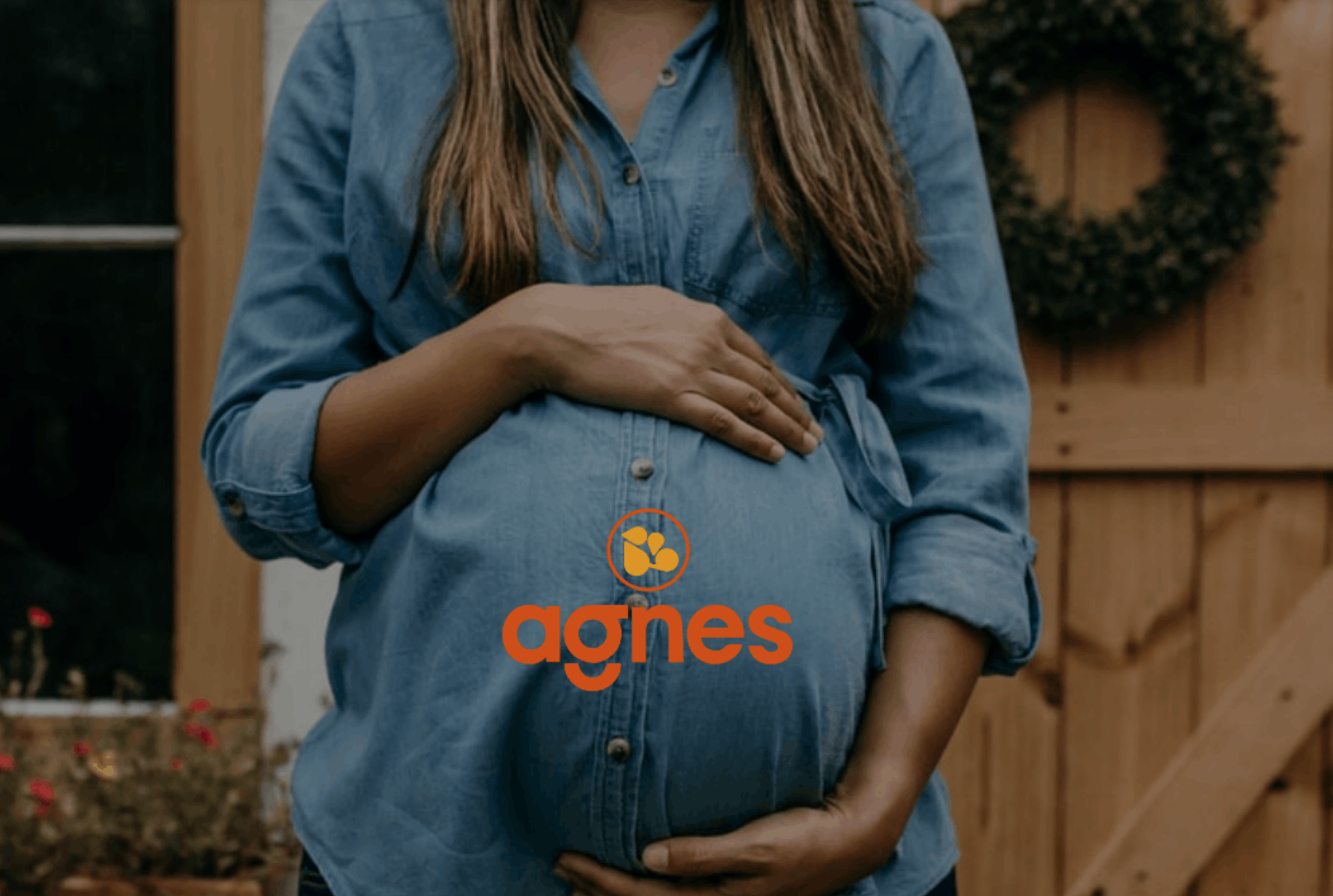Leadership
How Acumen Academy alumni are diversifying income for Kenyan farmers
Leveraging the leadership and business skills gained from Acumen Academy programs, leaders at Nuru Kenya are supporting smallholder farmers
September 1, 2022
Growing up, Pauline never imagined that she would one day work with grassroots communities and lead as an executive director. Passionate about empowering people from a young age, she volunteered as a community health worker for a few months after completing her college education.
Pauline’s interest in local communities eventually led her to Nuru Kenya, a non-profit that works to end extreme poverty by empowering Kenyan farmers to build thriving farmer-owned and farmer-led cooperative agribusinesses. But as she interacted with the local communities, she immediately noticed how patriarchal the customs and practices were.
Empowering smallholder farmers through cooperatives
Nuru Kenya empowers farmers to organize into cooperatives to diversify their income streams. However, the team noticed that women’s voices were missing from most decisions. This drove Pauline and the team to incorporate gender mainstreaming into the operations of the cooperatives. By focusing on the economic and social advancement of local women, overall household incomes increased and more women gained authority to run their homes and manage household expenses.
Although her efforts to empower local women initially sparked some backlash from the community, Pauline changed their mind by spending time with community members and sharing her leadership story. Nuru’s impact in increasing access to quality food, healthcare, and education definitely helped, too.
Building a community around shared values
Leading in a male-dominated community often took a toll on Pauline. She found herself burnt out from personal and professional demands, and she found it difficult to accept help from others–a common challenge among social innovators. She applied for the Acumen Fellowship in hopes of finding a support system and gaining new leadership skills that would help her during tough times.
During the Fellowship year, Pauline connected with other social innovators experiencing similar challenges and acted as a sounding board for different ideas. The Good Society Discussions also enabled her to reflect on core human values, seek common ground, and cultivate a richer understanding of her social change work in a broader historical context.
.jpg?width=700&name=2020WebSeated%20(2).jpg) Acumen Fellows in a Connection Web session
Acumen Fellows in a Connection Web session
“Being in the same room with such a diverse group of people encouraged me to grow as a leader. I became more aware of my strengths and weaknesses, and I also learned how to listen to people from different cultures and backgrounds,” Pauline explained. “I was so impressed by the Acumen Fellowship that to this day, I still share my fellowship experience with my team and conduct Good Society Discussions with my colleagues.”
Inspiring another social innovator to join the Acumen Community
Pauline started working with Tom Kibet at Nuru Kenya when there was a need to establish a sustainability plan. Tom took the opportunity to grow the social enterprise arm of the organization, where he would help manage the business side by creating market linkages for dairy products.
When Tom started working at Nuru Kenya, he noticed that most farmers from the local community relied solely on maize farming, which faced declining harvests due to droughts and crop disease. As a solution, the Nuru Social Enterprise team encouraged farmers to venture into dairy farming to diversify their incomes and survive increasingly prevalent climate shocks.
“The farmers initially resisted venturing into dairy farming because it was unpopular among the local communities we operated in. There was a myth that due to the climate and environment, dairy farming was impossible,” Tom said.
Tom and his team adjusted their strategy, collecting farmers’ feedback and incorporating their concerns into the Nuru Kenya business model. With time, the farmers warmed up to dairy farming, bought cows, and started selling milk to their neighbors and the social enterprise. Soon enough, the milk volume received at the Nuru processing center increased from 0 to 700 litres daily.
As the social enterprise grew, Tom realized he needed to sharpen his business skills and find mentors. Encouraged by Pauline’s experience participating in the Acumen Fellowship, he applied for and joined the Acumen and IKEA East Africa Accelerator.
One of the biggest challenges facing Nuru Social Enterprises was the task of marketing and branding its products. Tom and his team also wanted to identify better ways of pricing their commodities.
“As part of the accelerator modules, we collected feedback from our customers and farmers about our products and services. Something that surprised us was that people preferred yogurt packed in cups compared to the ones in bottles because they recycled them at home for drinking water,” Tom explained.
Through the Accelerator and with the support of the coaches from the program, the Nuru Social Enterprise teams learned how to price products effectively which enabled them to visualize profits and losses and improve efficiencies.
After branding and marketing their products accordingly, and applying feedback from their customers, Nuru Social Enterprises continued to thrive.
As a result, the social enterprise successfully launched a new buttermilk product called Nuru Lala during the height of the COVID-19 pandemic.
A journey of shared learning
Tom recounted many memorable moments of team collaboration throughout the accelerator. The cohort focused on brainstorming new ideas, fostering harmony, cohesion, and better understanding among team members, and adopting new ways of thinking.
“The most important thing was the accompaniment I received from the Acumen team members and other accelerator alumni. I realized that my challenges were not unique, and having a community of social innovators that understood that was very encouraging,” quipped Tom.
Although both alumni went through different programs, they credit their leadership growth and improved business skills to Acumen. Through their combined efforts, they aspire for Nuru to become one of the biggest dairy cooperatives in the country.
Visit our Fellowship and Accelerator pages to learn more about our programs, or fill out an Acumen Fellowship interest form to stay updated on recruitment cycles in East Africa.
.png)

